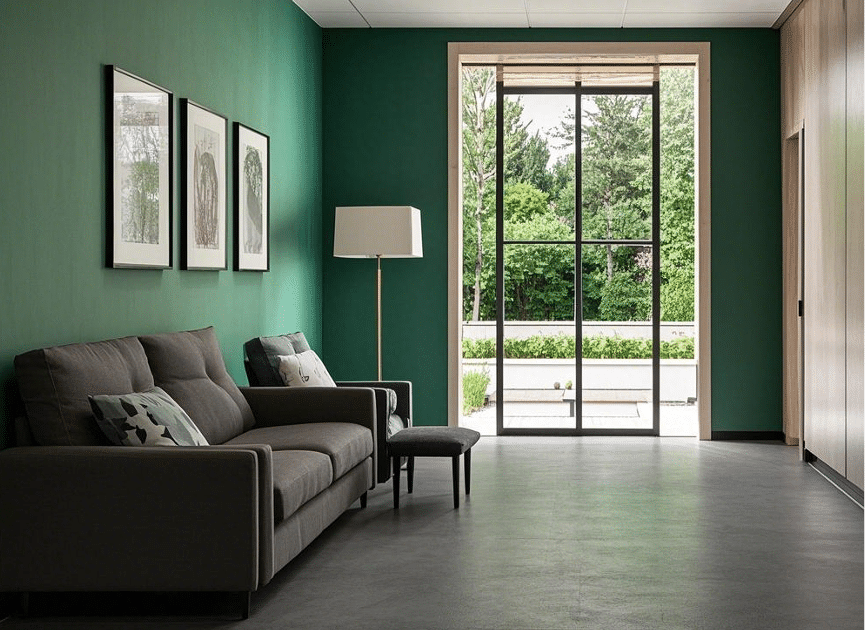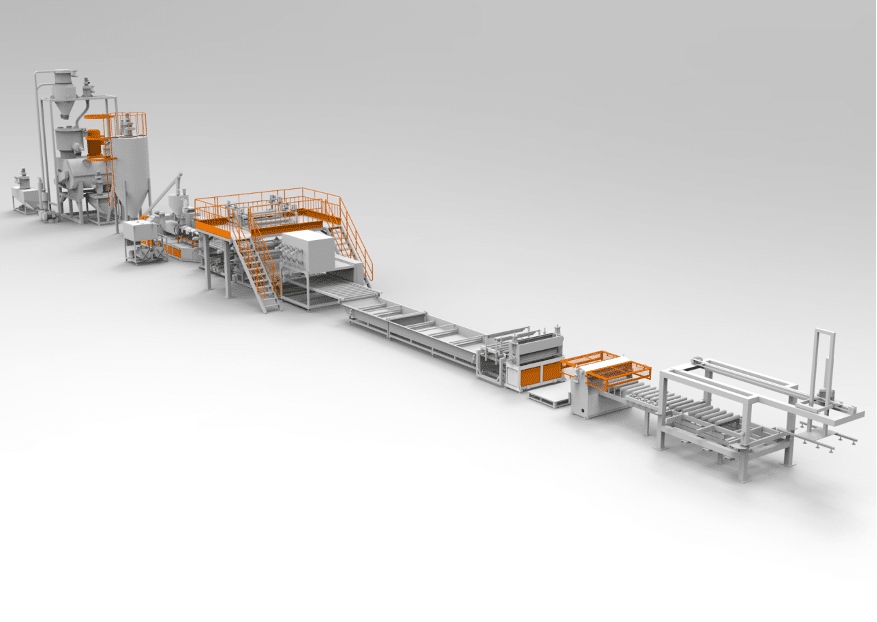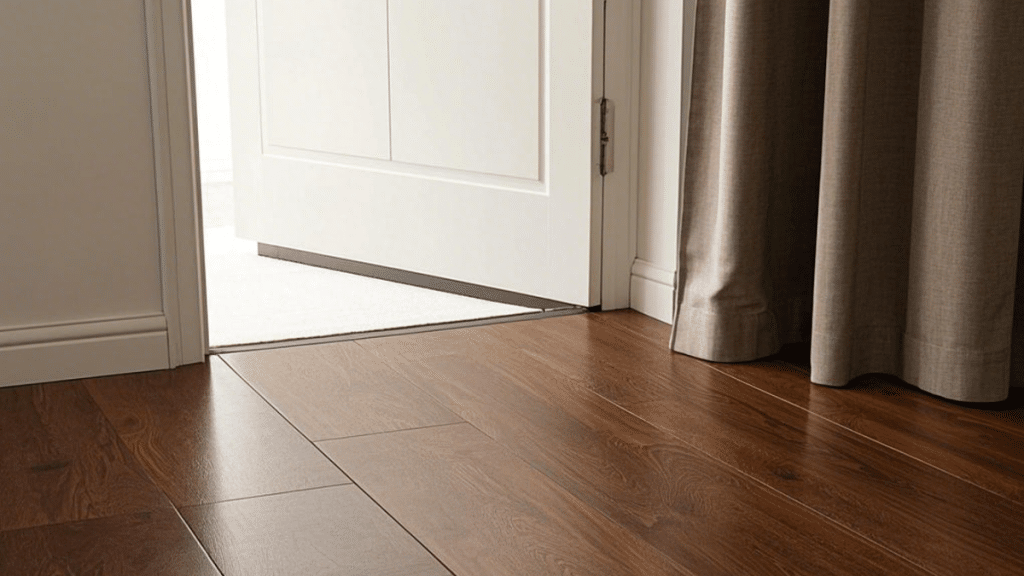Home flooring has seen remarkable transformations in recent years; laminate and vinyl flooring are the two popular choices that have gained immense popularity. Both choices are affordable and attractive.
However, understanding the key differences between them is crucial for choosing the right flooring. This laminate floor vs vinyl guide aims to help in this regard; keep reading!
Understanding Laminate and Vinyl Flooring
Before learning the differences between vinyl and laminate flooring, you should have a basic understanding of these two options:
Laminate Flooring
Laminate flooring mimics natural materials. Boasting practicality and visual appeal, it’s a great alternative to traditional hardwood floors. Here are some characteristics:
- It is made of composite wood and features a multi-layered protective overlay, providing superior resistance against scratches, dents, and everyday household wear.
- It offers a realistic wood-like appearance, thanks to the advanced printing technologies used. The solution delivers high-end aesthetics at a fraction of traditional hardwood flooring costs.
- It’s designed specifically for low-moisture interior spaces like living rooms, bedrooms, and home offices.
Vinyl Flooring
Vinyl flooring is a modern synthetic flooring option that can withstand various environmental conditions. It has rapidly evolved to become a versatile and practical choice for residential and commercial spaces. The key characteristics include:
- It is constructed from advanced synthetic materials like PVC, delivering exceptional long-term performance and structural integrity.
- This flooring solution features innovative waterproof technology with superior durability.
- It is perfectly suited for moisture-prone areas, offering comprehensive protection and at the same time maintaining aesthetic appeal.

Comparing Laminate and Vinyl Flooring
Understanding unique characteristics is key when making the vinyl or laminate flooring decision. The following are key laminate floor vs vinyl differentiating aspects:
1. Durability
Vinyl demonstrates superior performance in challenging environments due to its waterproof composition and robust material construction. These provide enhanced resistance to moisture, stains, and physical wear. Vinyl also has a multi-layered design, ensuring longer-lasting flooring compared to traditional laminate options.
2. Aesthetics
Both flooring types showcase remarkable design versatility. Laminate specializes in authentic wood-like textures, while vinyl offers an expansive range of design possibilities. Besides, laminate focuses on mimicking natural wood grain patterns; Vinyl, on the other hand, provides broader aesthetic options, including stone, ceramic, and modern abstract designs.
3. Installation
Laminate and vinyl both offer user-friendly installation processes. Click-lock and loose-lay systems make DIY projects more accessible. That said, vinyl shines in the laminate floor vs vinyl comparison when it comes to installation. It exhibits greater flexibility during installation and adapts more easily to uneven subfloors. It also requires fewer specialized tools.
4. Cost
Laminate is a budget-conscious option as compared to vinyl. Vinyl does justify its relatively higher initial cost because it offers enhanced durability and moisture resistance. Overall, it has better long-term value.
5. Maintenance
This is another key laminate floor vs vinyl difference. Vinyl requires minimal maintenance with simple cleaning routines because the flooring solution resists stains and moisture effortlessly. Laminate, on the other hand, demands more careful maintenance. It requires prompt cleaning of spills and avoiding excessive moisture to prevent potential damage or warping.

Boyu Vinyl Flooring Solutions
Boyu, a renowned name in the industry, stands as a leading manufacturer of cutting-edge vinyl flooring production equipment. Specializing in advanced manufacturing solutions, the company offers a diverse range of production capabilities tailored to various flooring types. These include the SPC Flooring Production Line, PET/PP Flooring Production Line, WPC Floor/PVC Foam Board Production Line, PVC Imitation Marble Sheet Production Line, and more. Boyu’s vinyl flooring production lines are distinguished by their exceptional quality and innovative features.
- Advanced PLC programmed control systems ensure precise manufacturing control and seamless operational performance.
- Comprehensive CE certification. It guarantees international quality standards and rigorous compliance with global manufacturing regulations.
- Energy-efficient manufacturing processes. These reduce power consumption significantly and support sustainable production strategies.
- Robust cooling systems with forced temperature management. These improve product quality and prevent material degradation during manufacturing.
Conclusion
Understanding the laminate floor vs vinyl differences is key to making better flooring decisions. Which is better vinyl or laminate? Each option presents unique advantages suitable for specific environments and preferences. Choose based on your specific preferences and needs.
The seasoned brand Boyu offers reliable flooring production solutions that meet industry standards. Visit the company’s website now or contact them for comprehensive insights into its innovative floor manufacturing technologies!
